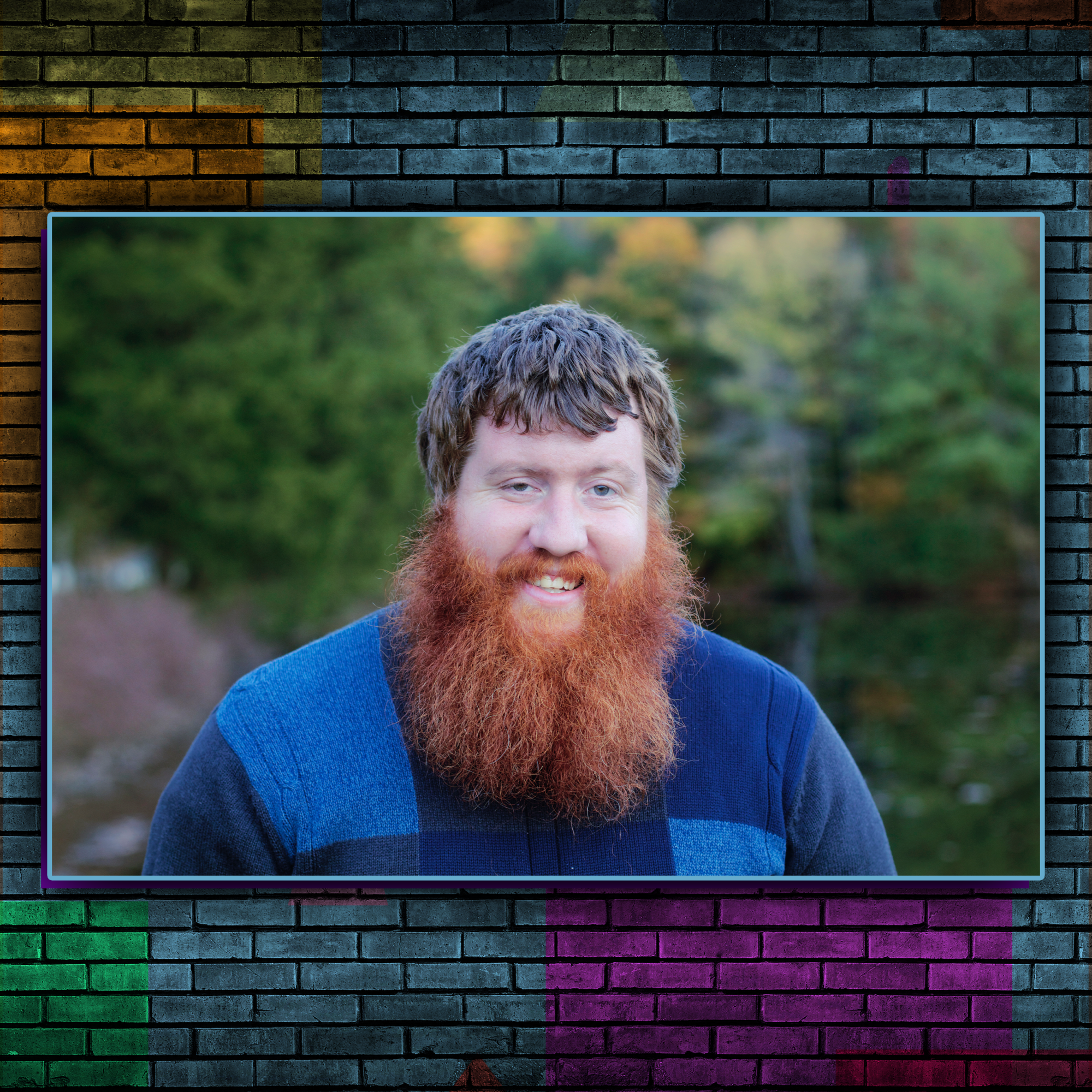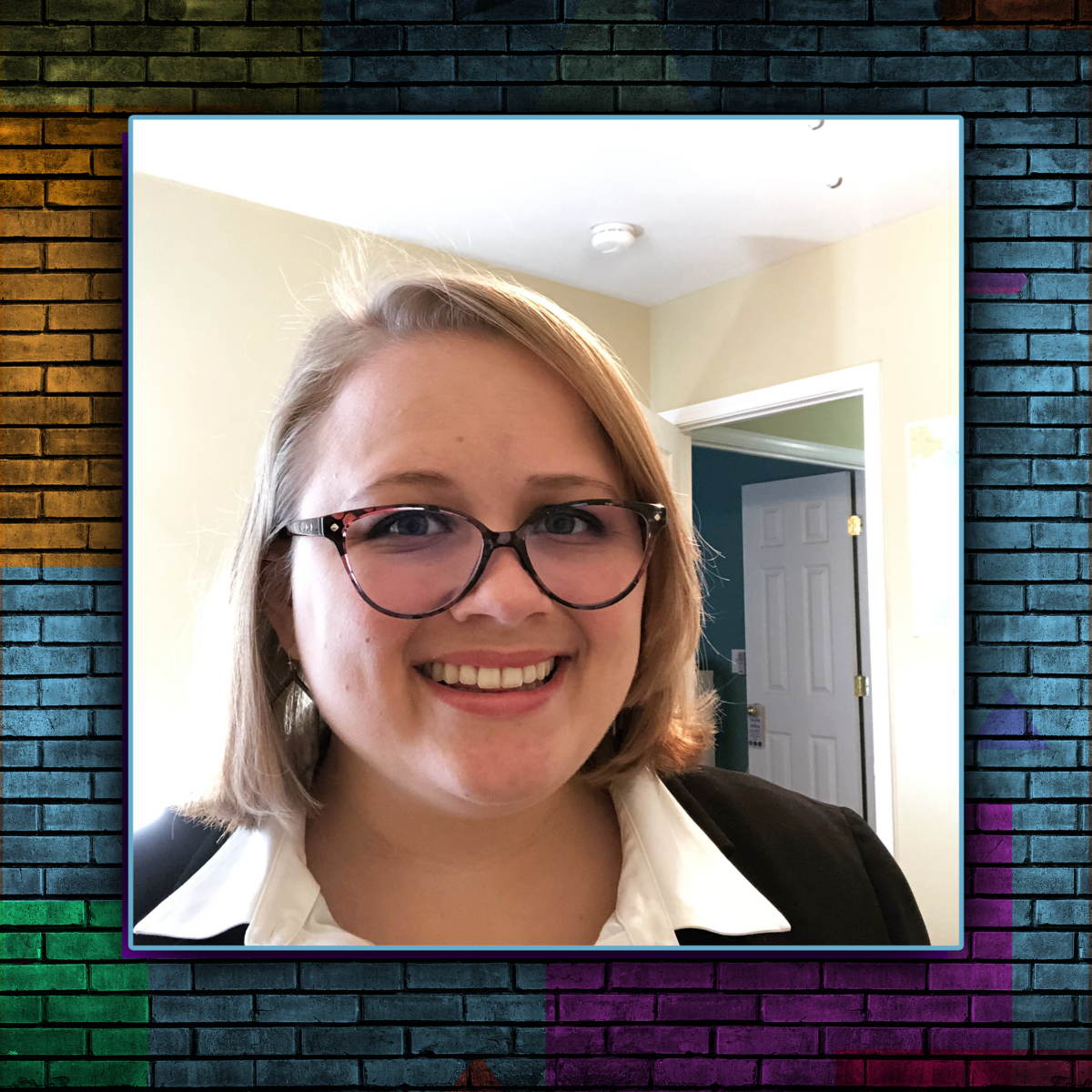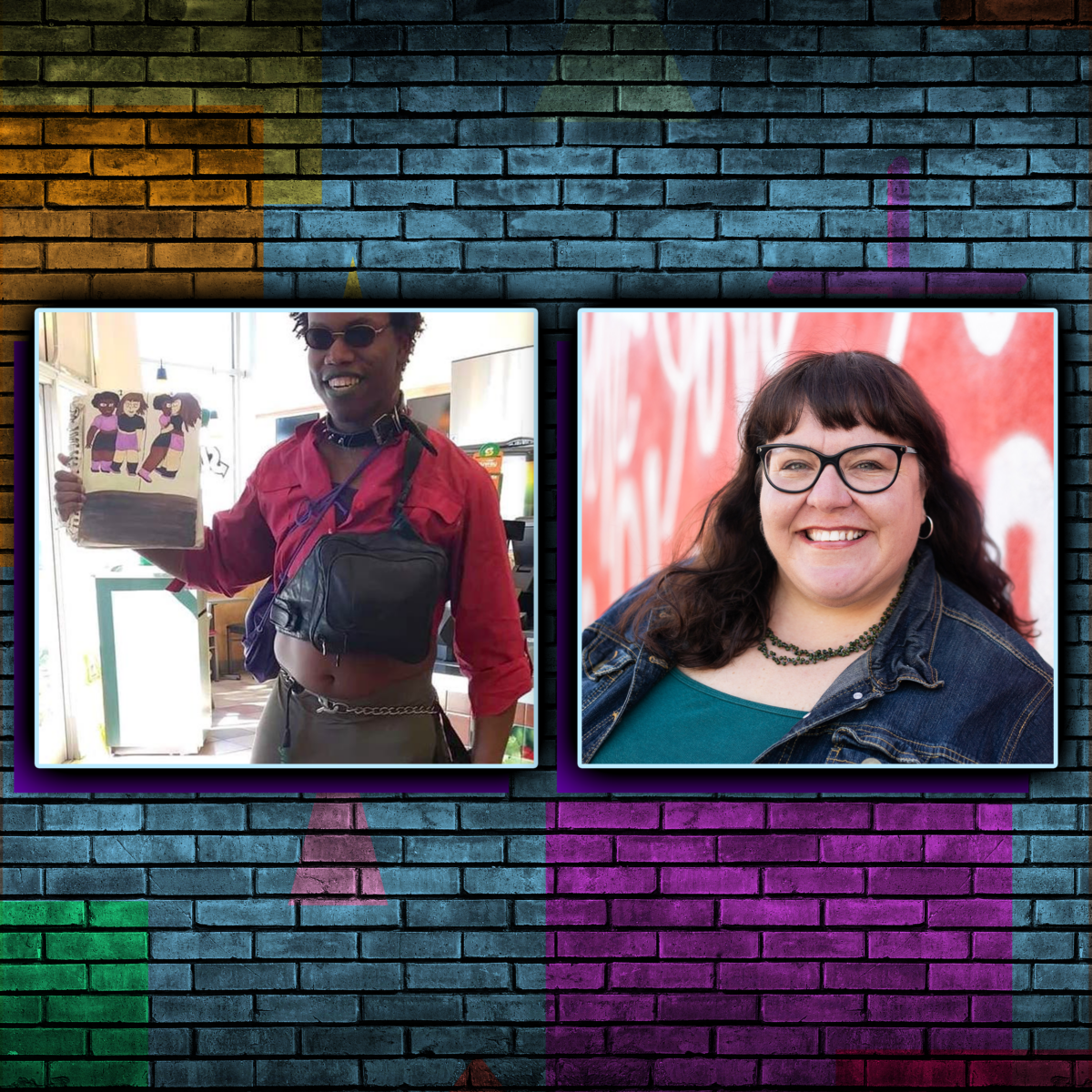Seeing Each Other as Beloved Children of God
Isaiah 49:1-7 • Psalm 71:1-14 • 1 Corinthians 1:18-31 • John 12:20-36
In the readings for today, we hear about how if we follow God, we are the children of God. In the Gospel of John, we hear the foreshadowing of the crucifixion and the resurrection of Christ. This comes through the illusion of light and darkness. In John 12:35-36, Jesus urges his followers to walk in the light. He says that if they have the light and believe in the light, they will “become children of [the] light.” What does this look like to become children of the light?
As a Quaker, I resonate with this imagery and language using light as a metaphor. Early Quakers called themselves Children of the Light drawing on the light imagery that is found throughout the Gospel of John. This light imagery also led early Quakers to talk about the Inward Light of Christ that is within everyone, a phrase to mean God’s presence within everyone’s lives. This phrase describes a powerful image, to see ourselves having God’s love within our bodies.
Sometimes, I do not feel God’s presence nor God’s love, especially as a disabled person within our ableist society. Our society constantly reminds disabled people that the world is designed for able-bodied people. This happens in several ways, such as making everyday life inaccessible to disabled people. Also, this happens when people fail to see disabled people as equals, as fellow children of God.
Recently, a friend posted on social media about her frustration of having other people assume that her amazing and intelligent daughter is not intelligent because she has a disability. Sadly, I know this frustration personally as a disabled person. I wish I could shield my friend’s daughter from this discrimination and the pain of having society see her as less than. Because of my speech impediment, people regularly assume that I am less intelligent. No matter how much I have done, how smart I am, how many degrees I hold, people see me as less than whole due to my speech impediment.
Usually, this condescension comes across as infantilizing disabled people. I have people talk to me as if I was a little kid, even now that I am an adult. Overall, I do not think most people mean harm, but this condescension has made me feel less whole, less worthy of God’s love. To cope with this dehumanization, I felt like I had to constantly prove myself my whole life, prove that I am smart enough, that I am good enough to be loved by others and by God.
Yet, this premise that I need to accomplish anything to be worthy of others’ love and God’s love is absolutely false. Ultimately, it does not matter how many degrees or how much I have done in my life, God loves me just as I am. This is the crucial point of these passages today. Psalm 71 opens with the line of “O Lord, I take refuge; let me never be put to shame.” Within God, we can find a place to dwell as children of the light, no matter who we are or what we have accomplished, or even how others treat us. This refuge is accessible for all, even if our churches are not.
Yet, throughout my life, I have to admit that I have failed to see others as children of God, especially other disabled people. Both internalized and societal ableism caused me to see myself as “better” and “less disabled” than other disabled people. Even as a disabled person I need to be aware of my own biases to free myself from this ableist society. The ableist society does not want to see how I/we can build solidarity with others. It thrives on the oppression of people that are not deemed “perfect” because of their disability, who they love, how they look etc. Because of this, I have often failed to see how solidarity with other disabled people and other oppressed people could liberate me from the oppression I internalized.
This happens because our current society bases itself on perfection and individualism. This kind of society does not let us show any kind of weakness and it hinders the self-love that we all urgently need. Society tells us the lie that we do not need each other, that we just need ourselves to get by. This communal sin of always seeking an inaccessible personal perfection does not honor Christ’s command to walk in the Light. This does not just harm the disabled community but all of society. We will never attain this perfection because it is always fleeting and is not rooted in anything solid. There will always be more ways to look better, new flaws to erase, new achievements to reach for. We will never be satisfied in our quest for perfection. This misguided search leads us further away from the light that Jesus talks about in the Gospel of John.
When we seek perfection, we seek something that is not God’s will. Jesus did not do his ministry alone, he called others to join him, to follow him, to be in community with him. So why do we often believe we do not need others in our journey? Through this lens, our journey becomes a collective journey. What holds us back from this collective journey?
More importantly, how could I fail to see that of God within others? How can I love others more fully? Exploring these questions on both a personal level and a societal level is how we can continue to build God’s Kingdom here on Earth. This is the essential message of Jesus through the Gospels. He is showing us a way to breakdown the barriers between different communities, welcoming the outcasts back into the communities. Are we ready to do this within our churches and our communities? This continuing discrimination against disabled people is a sin.
As Christians, Jesus calls us in the Gospel of Matthew to live out two commandments: To love God and to love our neighbor as we love ourselves. I see this actually as being three commandments, the last one as loving ourselves. I find this command of loving ourselves to be the hardest, especially within our ableist society.
Once we can fully love ourselves, we can fully love our neighbors. Once we love our neighbors as ourselves, we can fully love God. Then we can build God’s Kingdom here on Earth and become children of the Light. We must embark on this long journey to build the Kingdom. Let us remember once again that we do not need to take this journey alone. We have God and each other to be part of this journey. We can start when we can see each other as equals, no matter our abilities.
In this season of waiting in the wilderness, here are some questions to ponder:
How do we see each other as children of God, as the beloved ones walking in the Light?
How do we see ourselves as beloved by God?
Let’s walk together as the children of the Light.

Greg Woods is a disabled Quaker minister living in Boston with his wife Jenn, their daughter Margaret Rae, and their cat Tuesday. He sometimes blogs at https://diygreg.medium.com/ and can be found on Twitter @diygreg.



Unbound Social